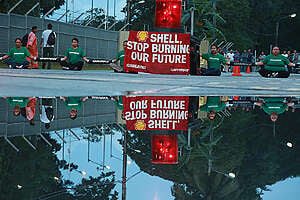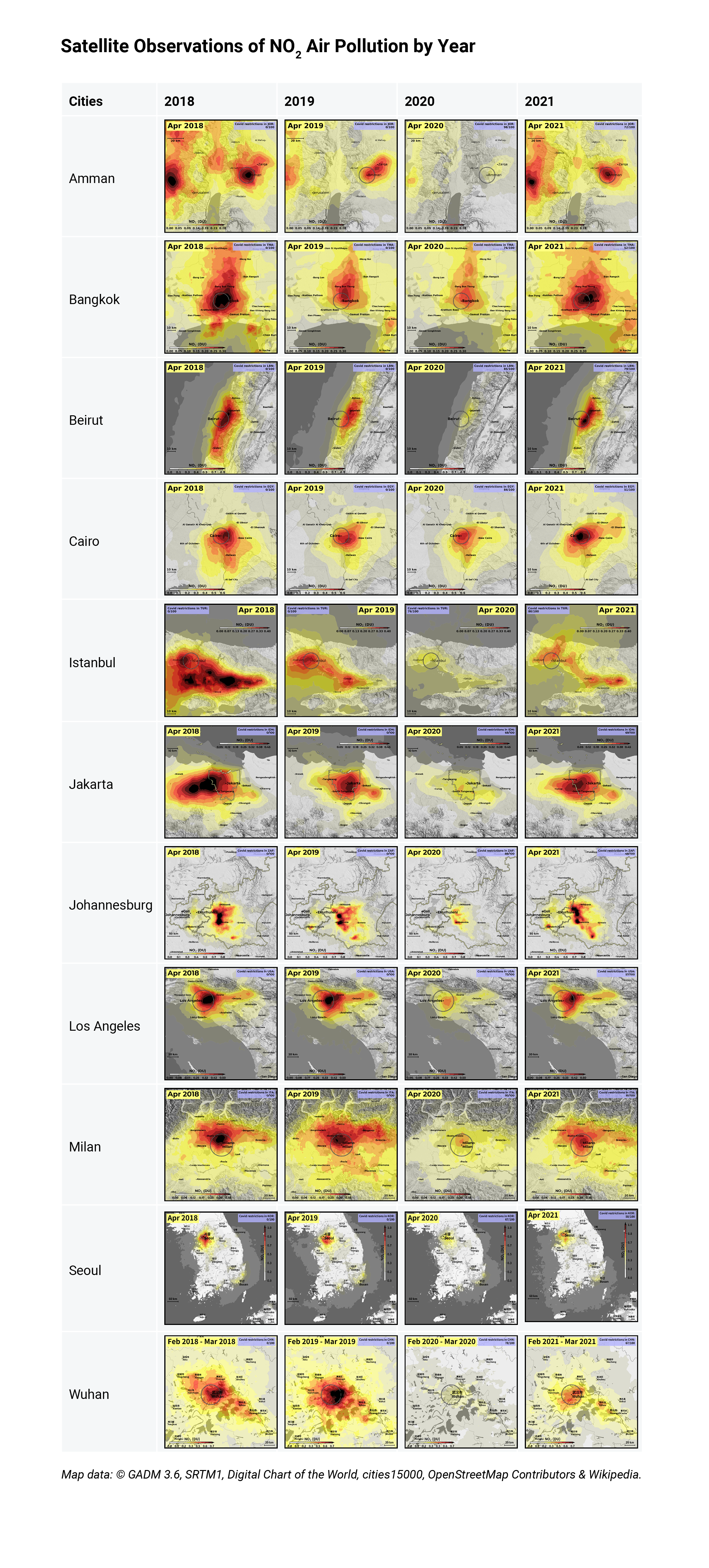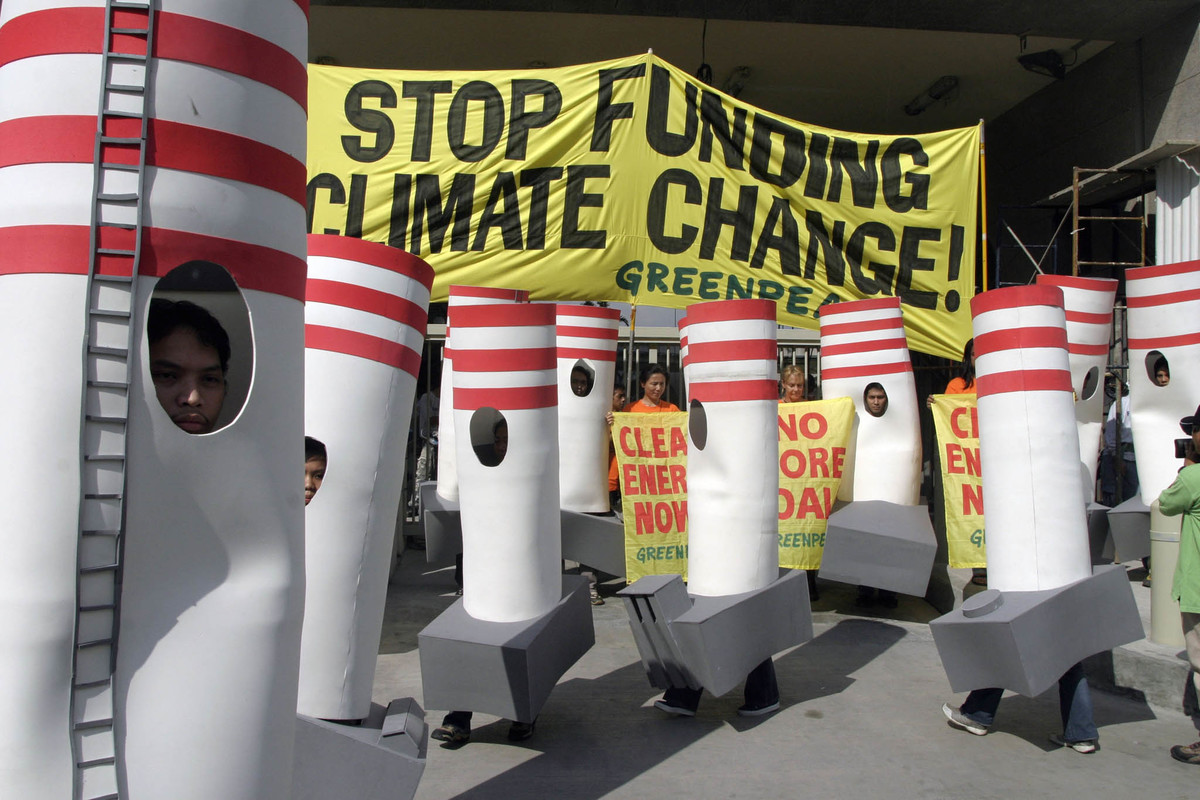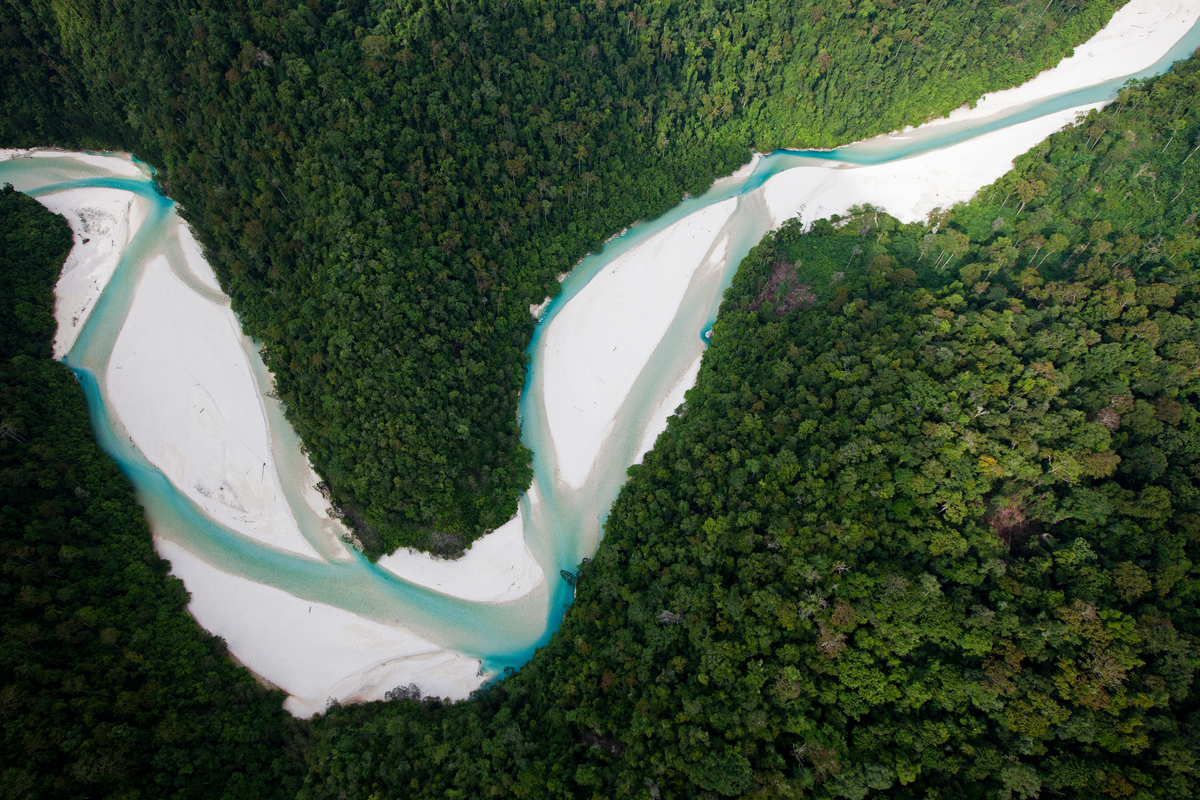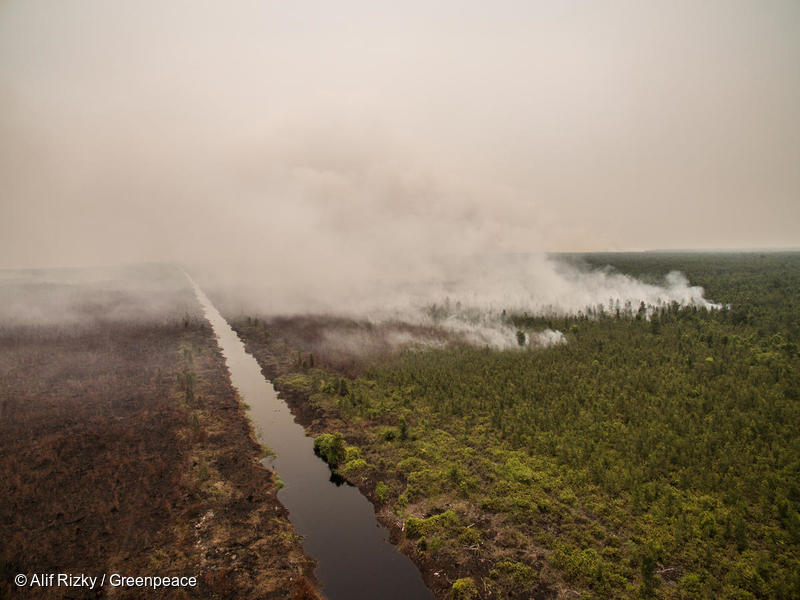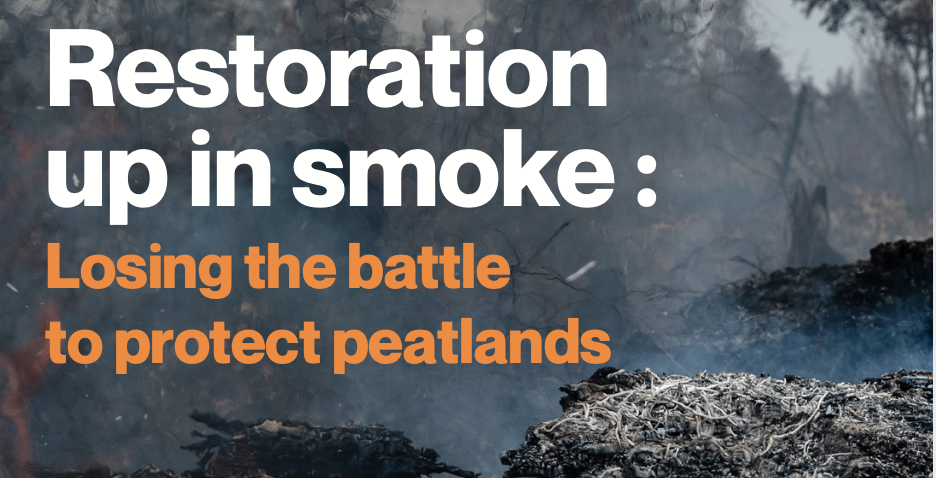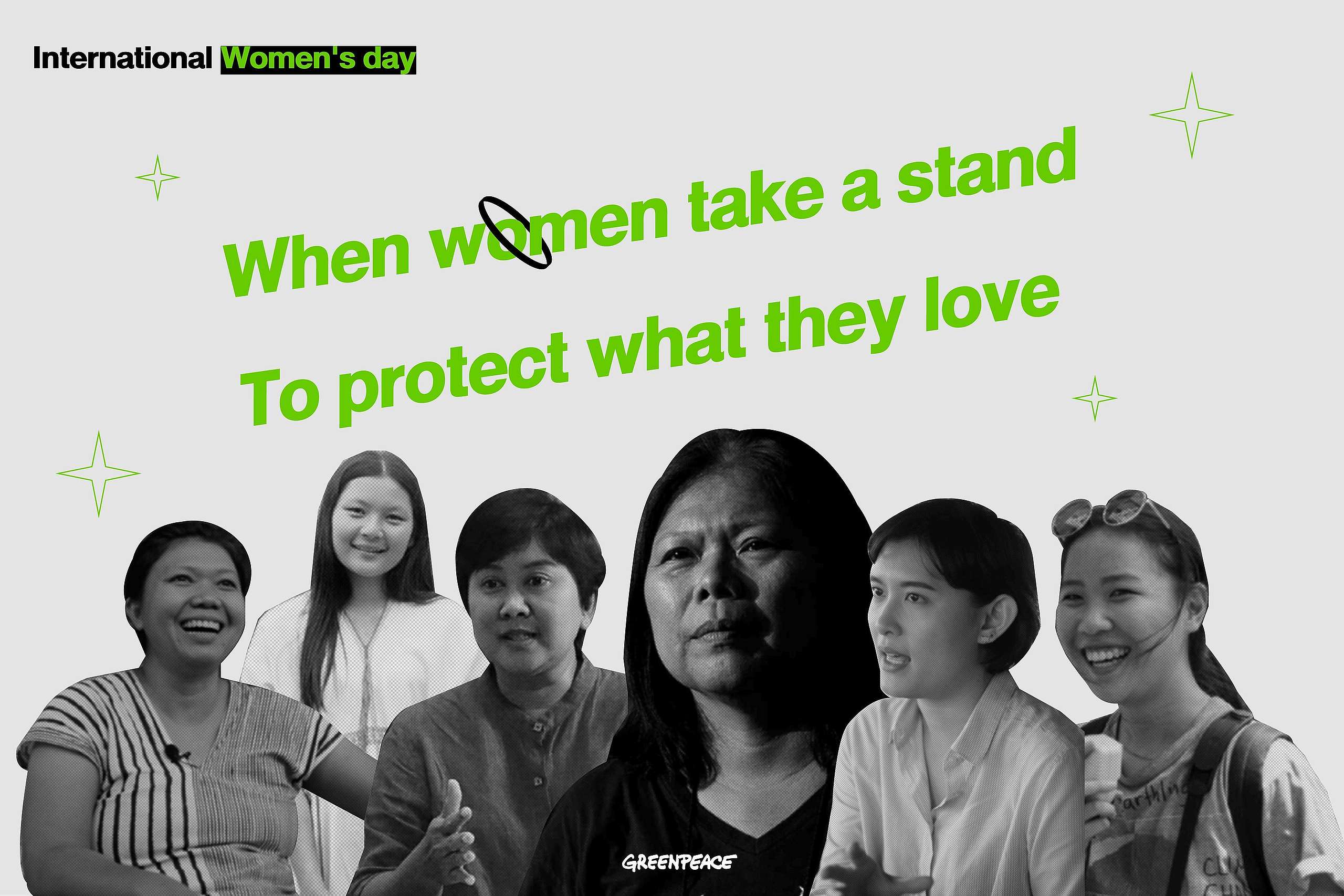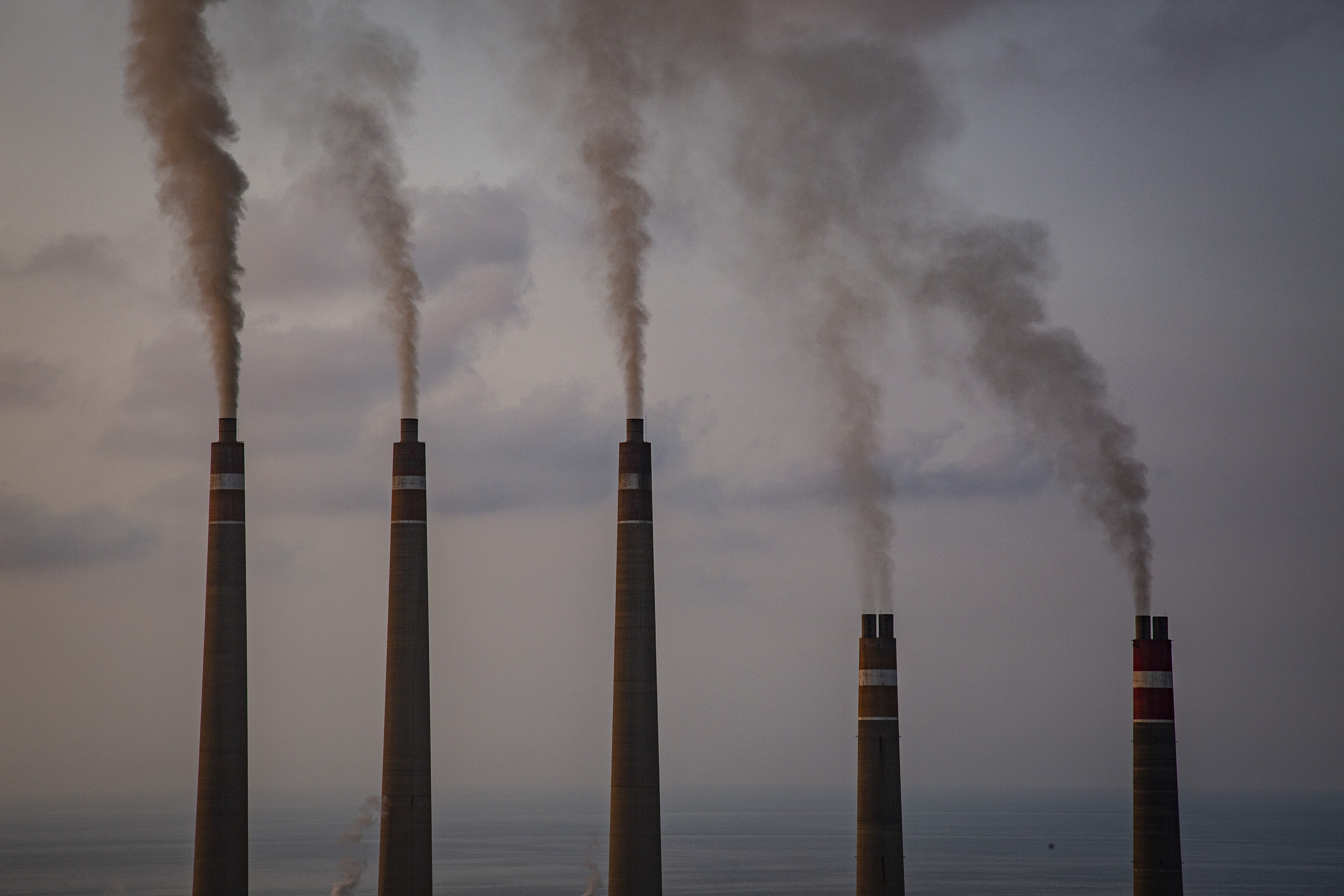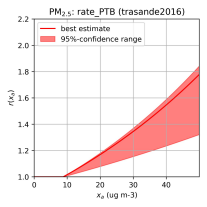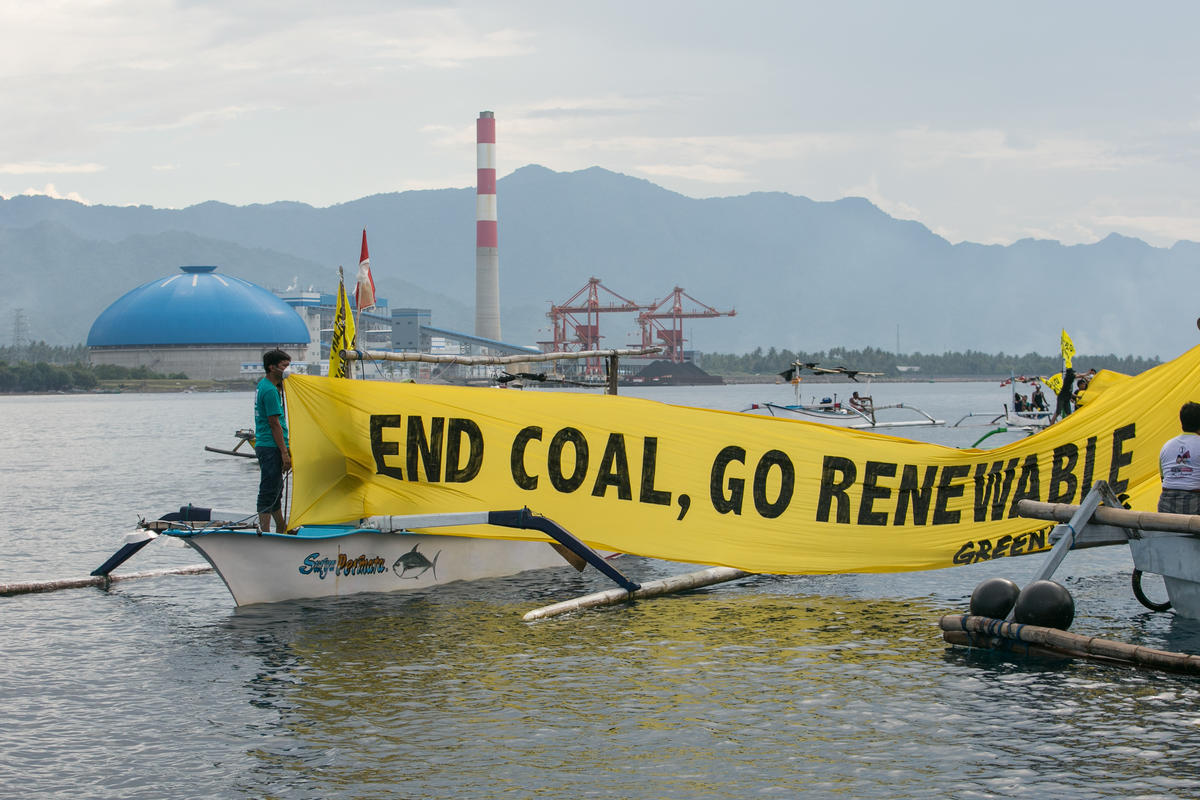All articles
-
Satellite images reveal global air pollution rebound 1 year after first Covid-19 lockdowns
Levels of toxic NO2 air pollution have rebounded in cities around the world one year after initial Covid-19 lockdowns went into effect, a new report from Greenpeace Southeast Asia finds.
-
Greenpeace Southeast Asia on ADB’s draft energy policy
QUEZON CITY, Philippines — The Asian Development Bank (ADB) on Friday released its draft energy policy [1], which states that the institution “will not finance any new coal-fired capacity for power and…
-
Earth to humans…
Days like Earth Day remind all of us of the present state of our planet - which is in a crisis. The truth is, Earth Day should be 365 days in a year.
-
Greenpeace report finds Indonesia is losing the battle to protect peatlands
A new Greenpeace Indonesia report, Restoration Up in Smoke: Losing the Battle to Protect Peatlands, identifies major contradictions in the Indonesian government’s claims to meet its peatland restoration targets.
-
Restoration Up in Smoke: Losing the Battle to Protect Peatlands
In the absence of independent verification of the progress of peatland restoration, Greenpeace decided to conduct an analysis of the present condition of peatlands in Indonesia. The goal of this analysis is to establish the locations of the degraded peatlands which have been prioritised to be restored by the government and to assess the condition…
-
When women take a stand to protect what they love
We cannot deny that women have come a long way, their influence seen, heard and felt everywhere. Be it in the social, political, or economic spheres, women everywhere continue to make waves, even break barriers.
-
PM2.5 air pollution behind an estimated 160,000 deaths in world’s 5 biggest cities in 2020
PM2.5 air pollution was behind approximately 160,000 deaths in the world’s five most populous cities in 2020, according to a Greenpeace Southeast Asia analysis of IQAir data from a live Cost Estimator
-
Methodology: Estimating the cost of air pollution in world cities (2020)
The Cost Estimator is an online tool that estimates the real-time health impact and economic cost from fine particulate matter (PM2.5) air pollution in major world cities.1It is deployed in a collaboration between Greenpeace Southeast Asia, IQAir and the Centre for Research on Energy and Clean Air (CREA). Estimates of real time health and economic…
-
Nuclear weapons are illegal at last
Nuclear arms are the most destructive, indiscriminate and monstrous weapons ever produced – but today, we can all celebrate a major milestone in the long march towards peace: the Treaty on the Prohibition of Nuclear Weapons (TPNW) is now part of international law.
-
China, Japan, and S. Korea see $205 billion renewable energy market in Southeast Asia
East Asian finance will be as important for renewable energy in Southeast Asia as it was for coal. Over the past two decades, we’ve seen East Asian banks skew the margins towards coal to keep the fossil fuel profitable despite ballooning financial risk. Over the next decade, we’ll see them apply the same ingenuity to…

